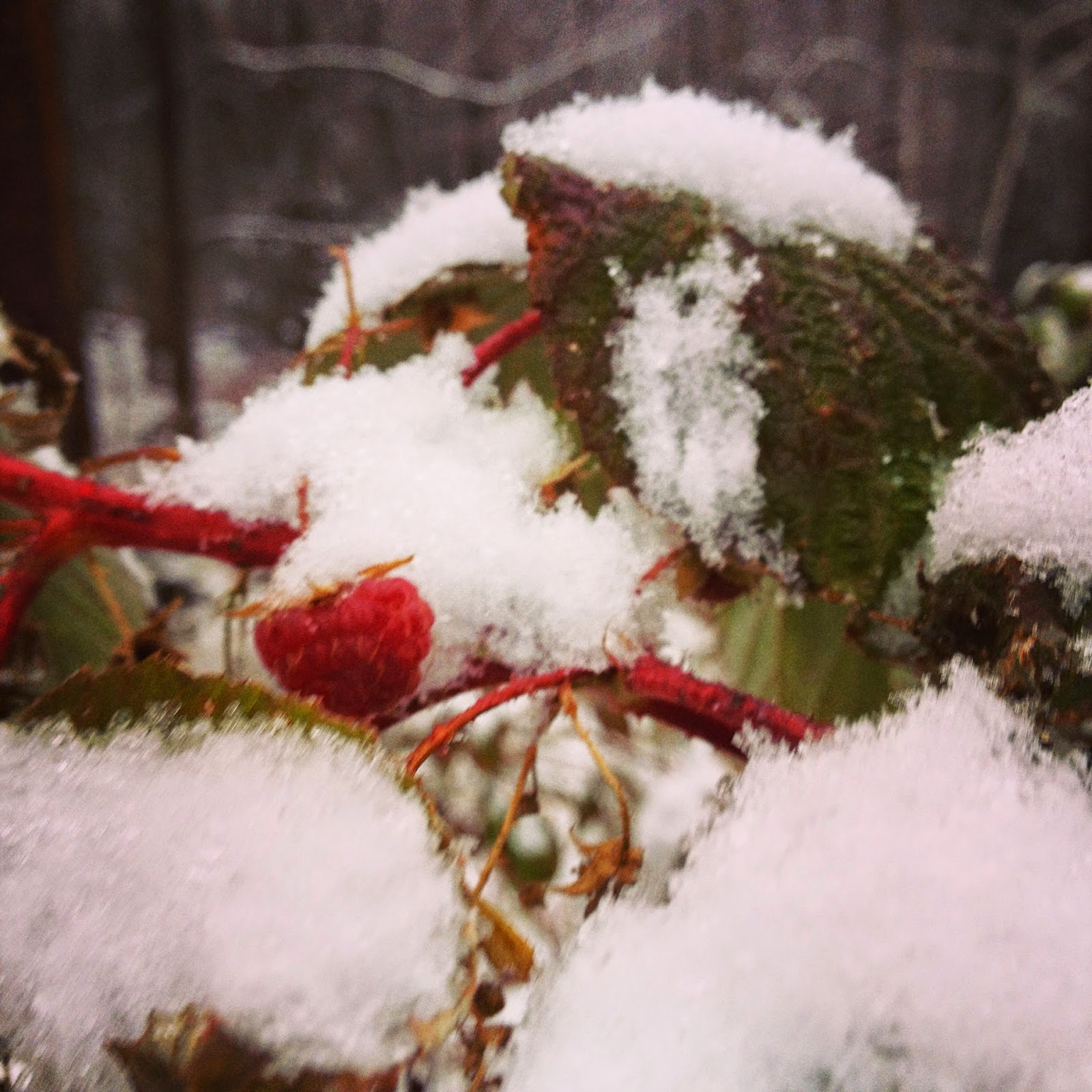I'm not sure why it's been so long. I try to only write when I feel the want and need and lately it hasn't been there. Instead, memory and the speed at which time passes has been a constant theme. It used to be that occasionally words and ideas would need to be written, but recently, it's been memories emerging suddenly.
Words spoken, sights and people seen, and the smallest gestures have been coming back. Sound and smell and taste suddenly bring back so much from the past. It's introduced a reminder of how quickly life changes and how and why we adapt to our surroundings.
Like many others, I've been angered by racial relations in the U.S. that both are finally receiving the media coverage and mass American attention span they deserve, but also are sadly proving the division of race and class existing in the United States. It's made me think back to learning of Civil Rights throughout my public school education. I don't know what's taught today to students, but if the curriculum is anything like the one I absorbed, it makes me wonder why racial relations of the 1960s are taught (despite being extremely important and thought-provoking) when so much of the violence and laws today on race and discrimination mirror those of 50 years ago. Perhaps if we didn't add these events to history class and chose to introduce them to young students 20 years later, more could be positively changed for our world today.
I'm trying to figure out this space of writing too, and thinking more about how we perceive ourselves and others. Much has changed since beginning this blog two and a half years ago and I no longer want to use this space to write about myself but am working on finding a balance and focus elsewhere. We'll see what happens.
(NH) White Mountains and moon.
I attended a conference for work at the Mount Washington Hotel in early November.
I was originally terrified of the ghost potential, but enjoyed a pleasant ghost-free stay.
Just hanging outside college counseling (at my workplace).
Woodstock, Vermont.
My grandmother's typewriter.
Concord, Mass.
Finance land and 9/11 memorial, New York City.
Holderness, New Hampshire, late December.

















































